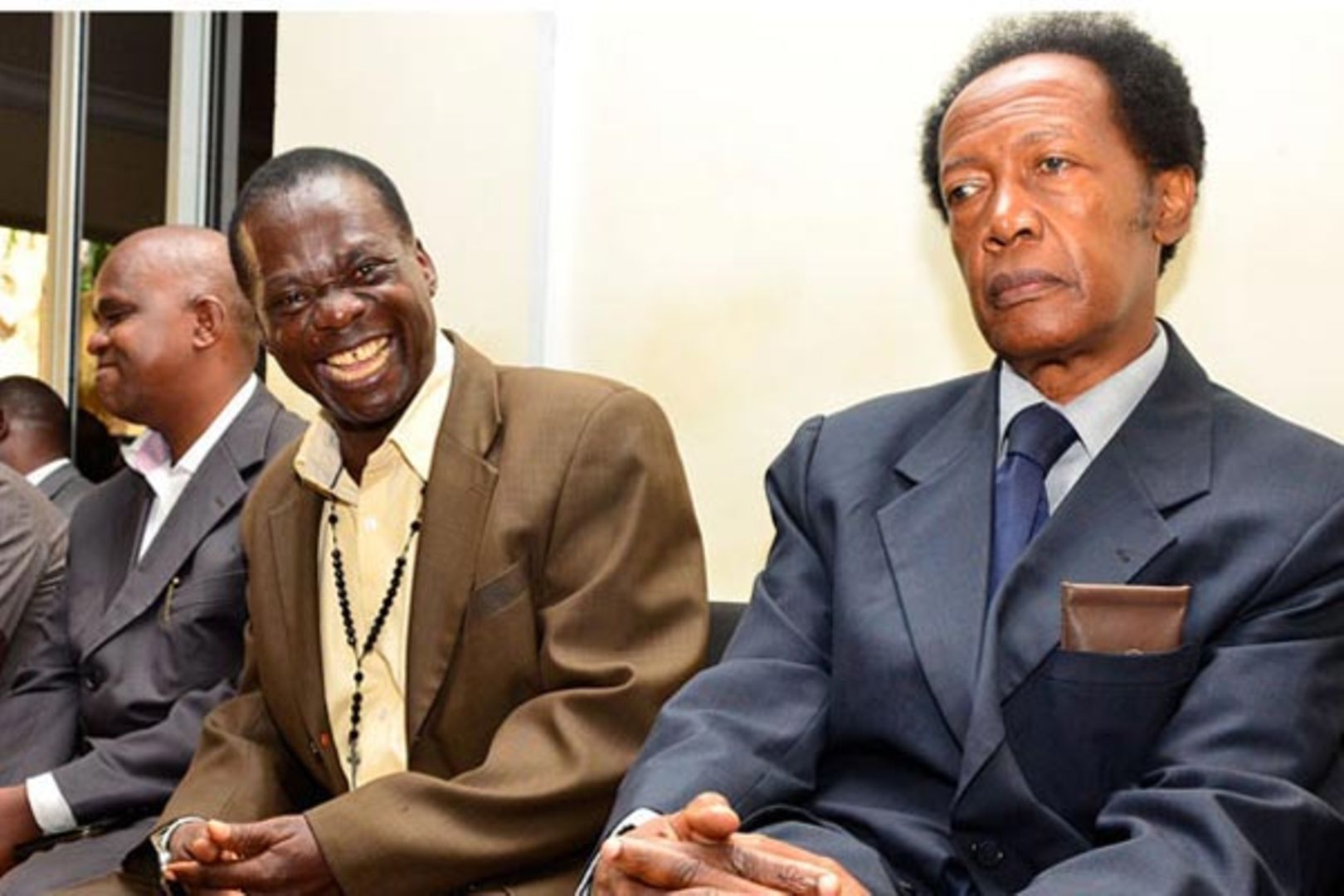Kampala, Uganda.
The Supreme Court of Uganda is preparing for a session to address multiple criminal appeals, including the highly anticipated case of Jimmy Lwamafa and his co-conspirators, famously known as the pension thieves. The upcoming session at the Supreme Court is expected to address around 100 criminal appeals.
On June 27, 2023 Honorable Lady Justice Prof Lillian Tibatemwa Ekirikunbiza, held a pre-hearing conference to determine the hearing dates for the criminal appeals, establish the framework for presenting arguments, and establish deadlines for filing written submissions.
Among the cases to be heard is the appeal of Jimmy Lwamafa, the former permanent secretary in the Ministry of Public Service, along with Stephen Kiwanuka Kunsa, the former commissioner in charge of pensions, and Christopher Obey, the principal accountant in the pensions section who are challenging their conviction. In November 2016, the Anti-Corruption Court found them guilty of fraudulent budgeting, allocating Shs88.2 billion as National Social Security Fund (NSSF) contributions for the financial years 2010/2011 and 2011/2012, despite being aware that civil servants are not obligated to contribute to the NSSF.
Christopher Obey received the harshest sentence among the convicted individuals, facing 10 years of imprisonment. Lwamafa, the former permanent secretary, received a seven-year sentence, while Kunsa, the former commissioner, was given a lesser punishment of five years. During the sentencing, Judge Lawrence Gidudu criticized Obey for playing a central role in the corruption syndicate, fabricating beneficiary lists that were later exposed as fictitious.
The judge further held Obey responsible as a technical officer who advised his colleagues, Lwamafa and Kunsa, on budget formulation and execution. The judge highlighted the corruption syndicate’s origins in the Public Service Ministry, its perpetuation in the Finance Ministry, and its culmination with the funds being funneled to non-existent pensioners through Cairo Bank. As part of the verdict, the judge ordered the convicted officials to jointly compensate the government with Shs50 billion, considering the financial losses incurred. The compensation amount, though substantial, was reduced due to the involvement of unidentified accomplices who assisted the convicted individuals.
Dissatisfied with their conviction and sentences, the trio lodged an appeal before the Court of Appeal, which subsequently affirmed the initial decision. They turned to the highest court in the land, the Supreme Court, seeking a reconsideration of their case.















